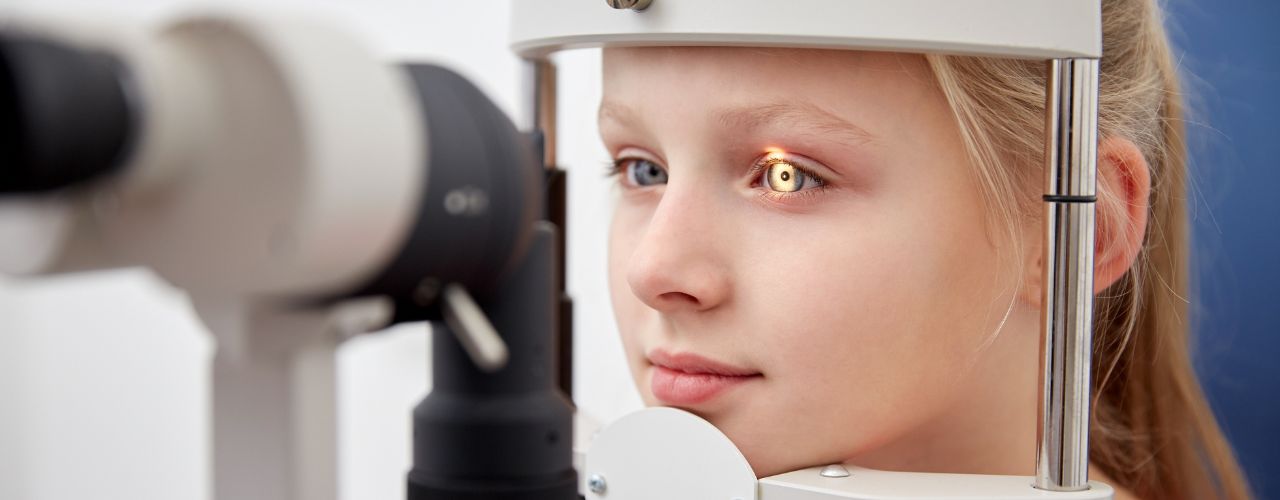Keeping track of your child’s health can sometimes feel like navigating a maze without a clear map. Children, especially younger ones, may not always communicate or even understand the discomfort they’re experiencing, which makes it crucial for parents and guardians to be aware of signs that indicate potential health issues. Here are five signs that your child has health issues that you should watch out for so that you can get your little one the proper care.
Your Child Has a Skin Rash
Skin rashes in children can indicate various conditions, ranging from simple allergies to more serious infections. If you notice red patches, bumps, or any unusual marks on your child’s skin that don’t seem to go away or come with a fever, consult a health-care provider. Rashes can be the body’s way of signaling an immune response to an allergen or pathogen.
They’re Having Trouble Seeing
Struggling to see clearly can significantly affect your child’s overall quality of life. It can also be an early warning sign of pediatric glaucoma. Make sure you take them to an eye doctor for examinations so that the doctor can catch issues early and manage vision impairment.
Your Kid Has Difficulty Breathing
Another sign that your child has health issues is if they have difficulty breathing or shortness of breath. These alarming symptoms can indicate asthma, allergies, or a respiratory infection.
If your child is wheezing, showing signs of labored breathing, or can’t catch their breath after mild physical activity, seek medical advice promptly. Timely intervention can prevent complications and ensure your child receives the necessary care.
They’re Dehydrated
When your child experiences dehydration, it may be due to illness or that they haven’t consumed enough water lately. Watch for symptoms like dry mouth, the inability to produce tears when they cry, excessive thirst, and lethargy. Ensuring your child stays well-hydrated is imperative, especially if they’re active or unwell.
Your Little One Has a Headache
Headaches can happen in children, often due to reasons like dehydration or tiredness. However, severe headaches that interfere with daily activities, alter a child’s mood, or come with nausea could indicate underlying health issues, such as the flu or even meningitis. Consult a health-care professional to ascertain the cause and receive appropriate treatment.
Recognizing and addressing health issues in children early can make a significant difference in outcomes. Vigilance and proactive care can ensure your child leads a healthy, happy life.





